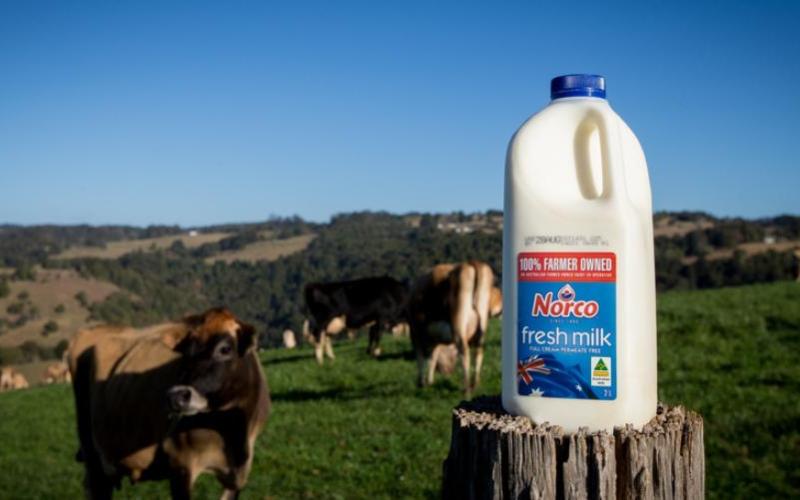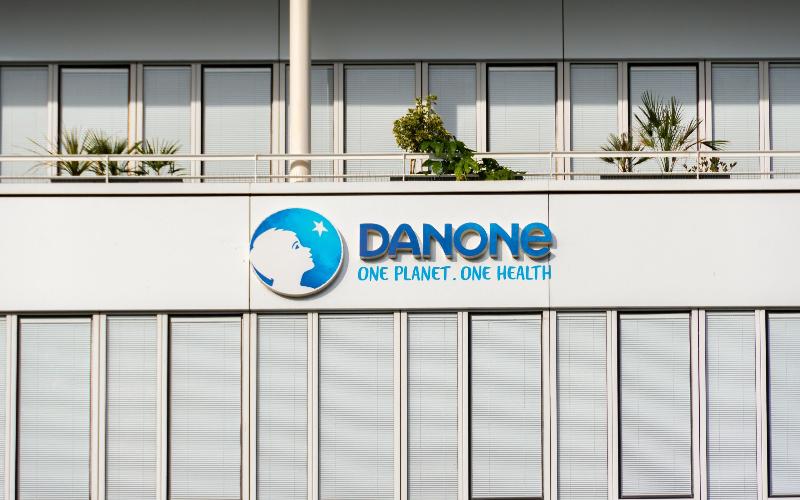Bezos Center for Sustainable Protein Launches at NC State University with $30 Million Grant
Sourse: The DairyNews
The Bezos Center for Sustainable Protein, an initiative from the Bezos Earth Fund, has officially opened at North Carolina State University (NC State) in the United States. The Bezos Earth Fund has committed $30 million to NC State over the next five years to lead the new center, establishing a biomanufacturing hub for dietary proteins that are environmentally friendly, healthy, tasty, and affordable.

This initiative is part of the Earth Fund’s broader $100 million commitment to create a network of open-access research and development centers focused on sustainable protein alternatives. The center will collaborate with academic and industry partners to research, develop, and commercialize new technologies, provide workforce training for the emerging industry, and assess consumer preferences for protein sources.
The grant will support research on three types of sustainable proteins: cell-based meat, plant-based products, and precision fermentation technology. NC State Chancellor Randy Woodson highlighted the university’s unique position to influence sustainable food production, particularly given the state’s significant animal agriculture sector.
“As a land-grant university in a state with significant animal agriculture, NC State is uniquely positioned to help shape the future of sustainable food production. We’re thankful for the support from the Bezos Earth Fund that will help drive economic and workforce development in this critical area of sustainable protein production,” Woodson said.
Andrew Steer, president and CEO of the Earth Fund, emphasized the urgency of finding sustainable food production methods due to the significant greenhouse gas emissions from current food production practices. “Sustainable protein has tremendous potential, but more research is needed to reduce the price and boost the flavor and texture to ensure nutritious, affordable products are available. It’s about choice,” Steer stated.
Andy Jarvis, the Earth Fund’s director of future of food, added: “Feeding a growing world requires producing tasty proteins that won’t further degrade nature. These centers will advance open-source, sustainable protein R&D to benefit consumer choice while protecting our planet.”
The grant will also support workforce preparation in North Carolina through partnerships with universities and community colleges, while industry collaborations will bolster food production and processing, benefiting small companies and start-ups. NC State will work with academic partners including NC A&T State University, the University of North Carolina at Pembroke, Duke University, and Forsyth Tech Community College on research, workforce development, and community engagement efforts. Over 20 industry partners will be involved, facilitating technology transfer, internships, and mentorships for students.
The grant will support research on three types of sustainable proteins: cell-based meat, plant-based products, and precision fermentation technology. NC State Chancellor Randy Woodson highlighted the university’s unique position to influence sustainable food production, particularly given the state’s significant animal agriculture sector.
“As a land-grant university in a state with significant animal agriculture, NC State is uniquely positioned to help shape the future of sustainable food production. We’re thankful for the support from the Bezos Earth Fund that will help drive economic and workforce development in this critical area of sustainable protein production,” Woodson said.
Andrew Steer, president and CEO of the Earth Fund, emphasized the urgency of finding sustainable food production methods due to the significant greenhouse gas emissions from current food production practices. “Sustainable protein has tremendous potential, but more research is needed to reduce the price and boost the flavor and texture to ensure nutritious, affordable products are available. It’s about choice,” Steer stated.
Andy Jarvis, the Earth Fund’s director of future of food, added: “Feeding a growing world requires producing tasty proteins that won’t further degrade nature. These centers will advance open-source, sustainable protein R&D to benefit consumer choice while protecting our planet.”
The grant will also support workforce preparation in North Carolina through partnerships with universities and community colleges, while industry collaborations will bolster food production and processing, benefiting small companies and start-ups. NC State will work with academic partners including NC A&T State University, the University of North Carolina at Pembroke, Duke University, and Forsyth Tech Community College on research, workforce development, and community engagement efforts. Over 20 industry partners will be involved, facilitating technology transfer, internships, and mentorships for students.
Key News of the Week














